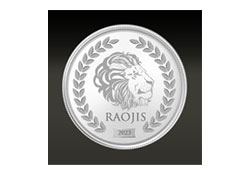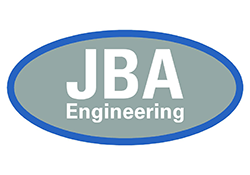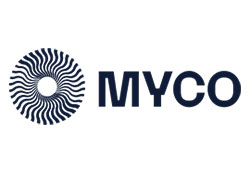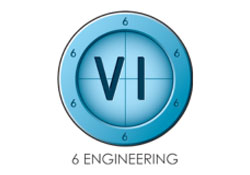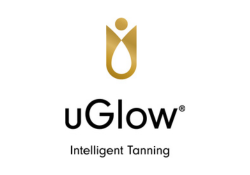Collaborative battery recycling project wins best paper award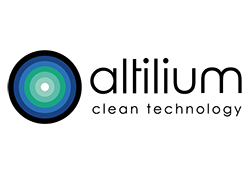
Research and innovation

Teesside University, in partnership with clean technology firm Altilium, is playing a key role in developing the UK’s circular economy for electric vehicle (EV) batteries.
Challenge
The collaboration focuses on research and development to support the UK’s first large-scale battery processing and black mass production plant in Teesside, designed to handle over 100,000 EV batteries a year. Working with experts from the University’s Net Zero Industry Innovation Centre, Altilium has helped design the plant and its upstream supply chain operations.
Altilium’s advanced hydrometallurgical recycling process cuts carbon emissions by 50% and reduces costs by 20% compared to using virgin materials, supporting both sustainability and affordability in EV production.
A major part of the collaboration is a £750,000 research project, supported by nearly £560,000 from Innovate UK, focusing on securing a consistent supply of black mass through efficient battery disassembly and processing. The project explores the use of the Internet of Things, AI, and robotics to track and optimise battery performance across its lifecycle, from manufacture to first use, second life, and final recycling, enabling the recovery of plastics, metals and critical minerals essential for battery production.
Solution
The project has yielded significant academic outputs, including five IEEE conference papers and one journal article, with another article currently in preparation. A collaborative PhD project has also been launched as a direct outcome of the research, with follow-on funding now being pursued to advance the work further.
Key highlights include two papers presented at the IEEE ICAC conference in August 2024, detailing the current landscape of battery recycling technologies and showcasing a prototype IoT-based tracking system developed at the Net Zero Industry Innovation Centre. In March 2025, a paper presented at the IEEE CSECS International Conference in Taicang, China introduced innovative machine learning methods for forecasting energy use in advanced manufacturing, particularly in battery assembly and disassembly processes. This paper received an award for best contribution.
Two further papers are set to be presented at the IEEE CPE-POWERENG conference in Antalya in May 2025. These will focus on a newly developed deep-discharge algorithm for Li-ion batteries and progress in EV battery reconditioning and aggregation for second-life, grid-balancing applications.
Impact
This project supports the decarbonisation of transport, a critical step towards achieving net zero, by advancing the UK’s EV and battery recycling infrastructure. The work has directly contributed to the development of the UK’s first large-scale battery processing and black mass production plant in Teesside, with capacity for over 100,000 EV batteries a year.
Through high-quality, industry-led research, the project has helped position the Tees Valley as a national centre for industrial AI, smart energy systems, and sustainable battery technologies.
This work has laid the groundwork for safer, more efficient battery use and timely disassembly, enabling a functional circular economy for EV batteries.


























